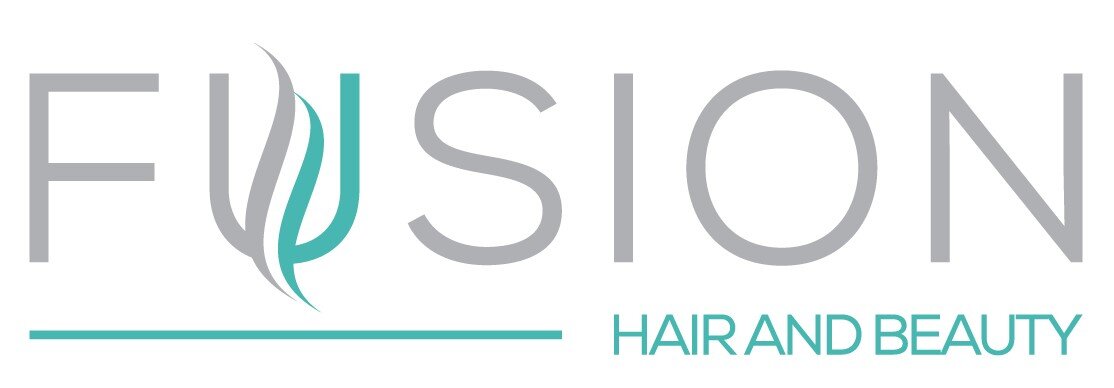Embracing Natural Beauty: Celebrating Afro Women in the Workplace
The conversation surrounding how black women should wear their hair in the workplace remains a sensitive and often taboo topic. For many afro women, their natural hair is not just a style choice but an integral part of their identity and cultural heritage. Unfortunately, societal norms and workplace expectations have historically imposed limitations on how black women express themselves through their hair.
Afro hair, in its natural form, can be versatile and beautiful, yet it has often been viewed through a lens of bias that favours Eurocentric beauty standards. This can lead to feelings of pressure for black women to conform to specific hairstyles deemed 'professional' or 'acceptable.' The reality is that embracing natural hair should be celebrated rather than stigmatised.
As workplaces evolve towards inclusivity and diversity, it is crucial for employers to foster an environment where all employees feel comfortable showcasing their authentic selves. Encouraging conversations about the significance of afro hair not only validates the experiences of afro women but also enriches the workplace culture as a whole. In recognising the beauty and professionalism inherent in natural hairstyles, we can move towards a more inclusive future where everyone feels free to express their identity without fear of judgement or discrimination.
Addressing this stigma requires a concerted effort from organisations to foster inclusive environments where all forms of natural hair are celebrated rather than scrutinised. By implementing policies that promote diversity and educate employees about different cultural backgrounds, workplaces can begin to dismantle these harmful biases against afro women and their natural hair.
Supporting Black women and their natural hair in the workplace is a vital step towards fostering an inclusive environment. Afro hair, with its unique texture and styling needs, deserves recognition and respect within organisational policies and culture.
Firstly, organisations can implement clear anti-discrimination policies that explicitly protect the rights of afro women to wear their natural hair at work. This could include training for all staff on cultural sensitivity regarding different hair types and styles, helping to dispel any misconceptions or biases.
Creating a supportive community within the workplace is also essential. Encouraging open discussions about natural hair can help foster understanding and acceptance among colleagues. By celebrating diversity through events or initiatives focused on Black culture, organisations can show their commitment to inclusivity.
Ultimately, by recognising the importance of natural hair for afro women and taking actionable steps to support them, organisations not only enhance employee satisfaction but also contribute positively to a diverse workforce.
